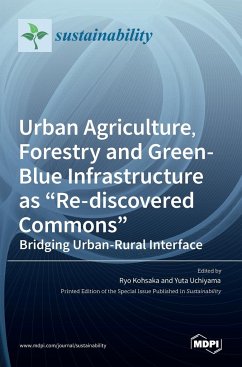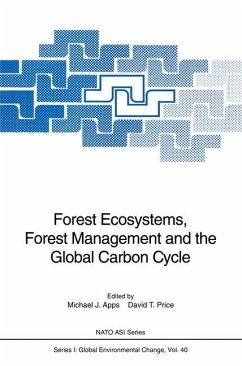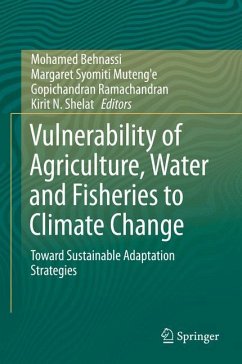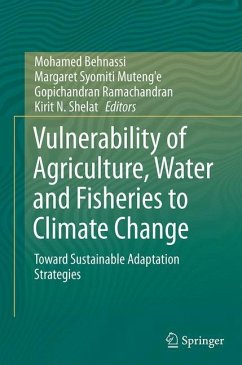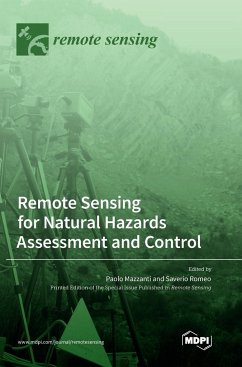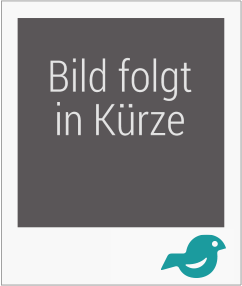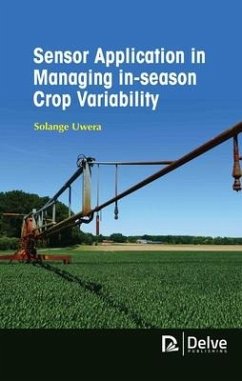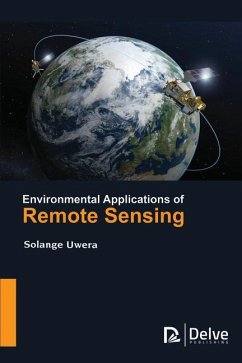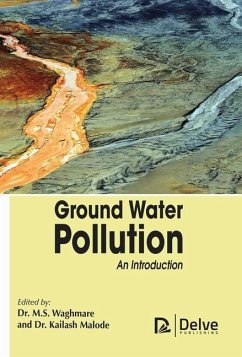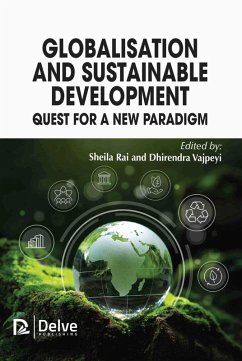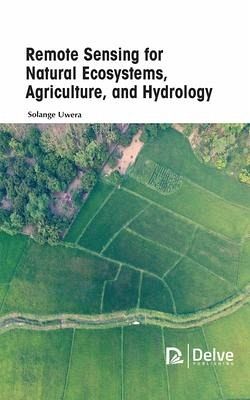
Remote Sensing for Natural Ecosystems, Agriculture, and Hydrology

PAYBACK Punkte
58 °P sammeln!
Remote sensing has always played a vital role in the better understanding of the ecosystem. It has developed into an exploratory tool vital to natural science. This volume introduces topics such as climate, hydrology and the Earth's biosphere, which constitute a solid part of remote sensing and inspection. In addition, remote sensing encourages us to understand the ecosystem and its numerous cycles in vast spatial and transitory ranges. This is an important part of land surface survey, particularly in the managing of land and aquatic resources and the identification of ecological changes. The ...
Remote sensing has always played a vital role in the better understanding of the ecosystem. It has developed into an exploratory tool vital to natural science. This volume introduces topics such as climate, hydrology and the Earth's biosphere, which constitute a solid part of remote sensing and inspection. In addition, remote sensing encourages us to understand the ecosystem and its numerous cycles in vast spatial and transitory ranges. This is an important part of land surface survey, particularly in the managing of land and aquatic resources and the identification of ecological changes. The volume mentions that remote sensing technology has greatly improved our capacity to monitor and supervise natural resources, particularly in the fields of agriculture, water resources, and ecosystems. However, despite the considerable progress made in recent times, there are still various fields that have not yet fully realized the benefits of remote sensing, which is an area of ongoing research. Some of the topics captured in this volume include; chapter 1: remote sensing, chapter 2: the use of GIS to map and assess ecosystem services, chapter 3: satellite-based remote sensing for measuring the earth's natural capital and ecosystem services, chapter 4: remote sensing in forest ecology and management, chapter 5: agricultural sensors and their advantages, and chapter 6: use of remote sensing in irrigation monitoring and management among others.




